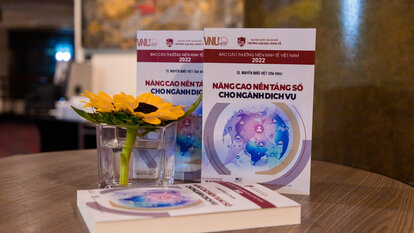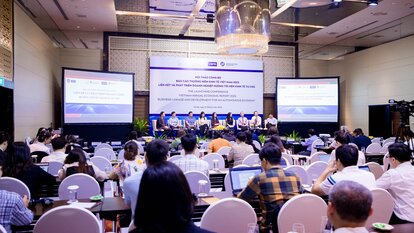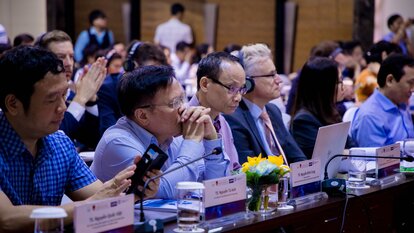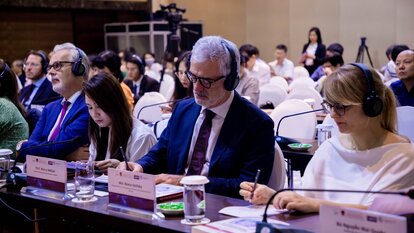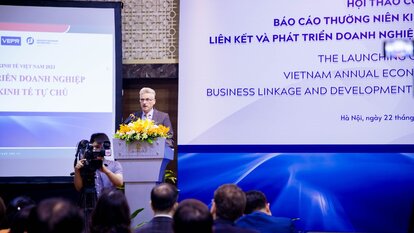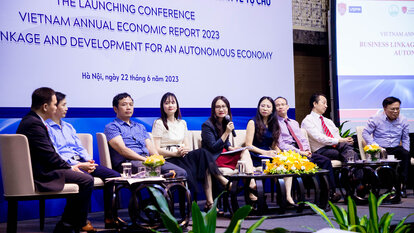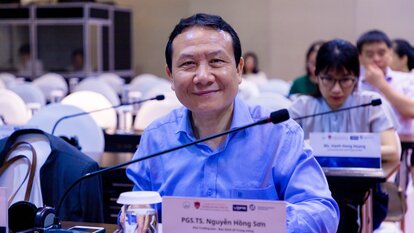EVENT
The Vietnam Annual Economy Report 2023: Business Linkage and Development for an Autonomous Economy
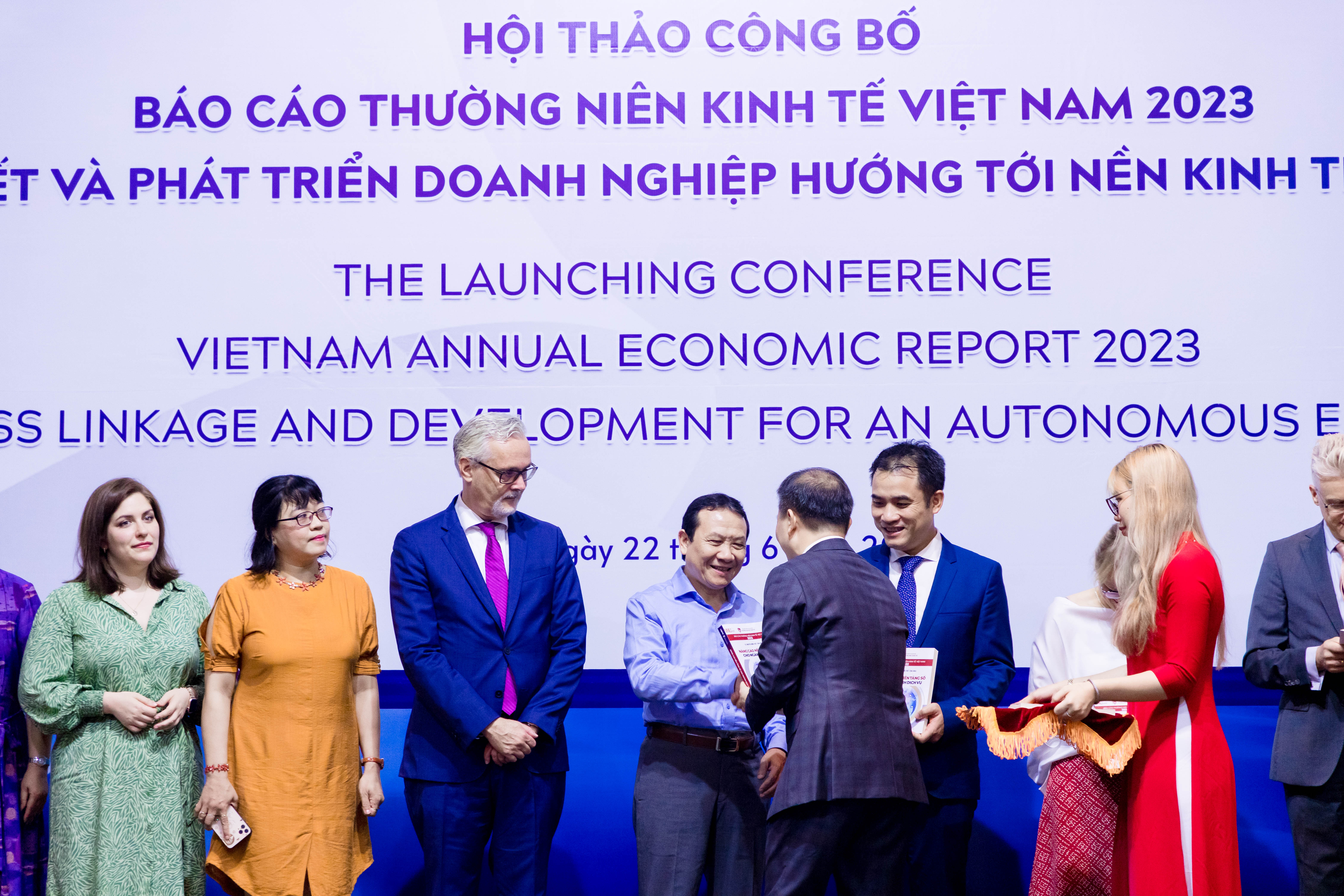
In Hanoi, on June 22nd, 2023, the Launching Conference of the Vietnam Annual Economic Report 2023 was held by the Vietnam Institute for Economic and Policy Research (VEPR), a unit under the University of Economics - Vietnam National University, Hanoi, in collaboration with the Friedrich Naumann Foundation (FNF) Vietnam.
The conference was attended by numerous leaders and representatives from government agencies, policy planning bodies, research institutes both domestically and internationally, university and research institute leaders, embassy representatives, international development organizations in Vietnam, international associations, businesses, and banks.
The Vietnam Annual Economic Report is a product of the VEPR, University of Economics - Vietnam National University, Hanoi. It has been continuously published and released for the past 15 years, focusing on independent and objective analysis of achievements, difficulties, opportunities, and challenges in the development process. The report aims to provide a scientific basis for macroeconomic policy planning, as well as selectively discuss major and in-depth economic issues in Vietnam.
The theme of the Annual Report 2023 is "Business Linkage and Development for an Autonomous Economy." The theme was chosen against the backdrop of the ongoing COVID pandemic, which has not yet been fully controlled globally. Combined with the impact of high interest rates and unpredictable political fluctuations worldwide, these factors have significantly affected business operations and growth drivers in Vietnam.
This year's report highlights that Vietnam's economic self-reliance is still limited. With sustainable growth indicators and business competitiveness declining in an unfavorable global economic environment, coupled with unresolved domestic economic issues, the ability to adapt to difficulties is not sufficiently high. Therefore, it is necessary to enhance linkages and focus on genuinely sustainable business development solutions.
The conference organizers have drawn important conclusions to propose key policy recommendations aimed at enhancing the competitiveness of businesses and strengthening business linkages in the new context.
In the short term, proposed solutions include facilitating access to policy information and supportive regulations for businesses, addressing financial difficulties, creating more favorable conditions for businesses to access capital for production recovery, accelerating administrative procedure reforms, promoting comprehensive administrative procedure settlement in the digital environment, and improving the effectiveness of government machinery.
For the medium and long term, the proposed solutions include improving the quality of human resources based on scientific assessments and forecasts of labor market changes in the next 5-10 years, maximizing the utilization of tariff preferences from Free Trade Agreements (FTAs), easing related policies regarding rules of origin, improving logistics infrastructure and related administrative procedures to facilitate transportation and import-export activities, continuing to review and adjust investment incentive policies to attract high-quality investment waves and investment in supporting industries, promoting domestic market development, and further enhancing the business environment and national competitiveness.
Here are some images of the event:
